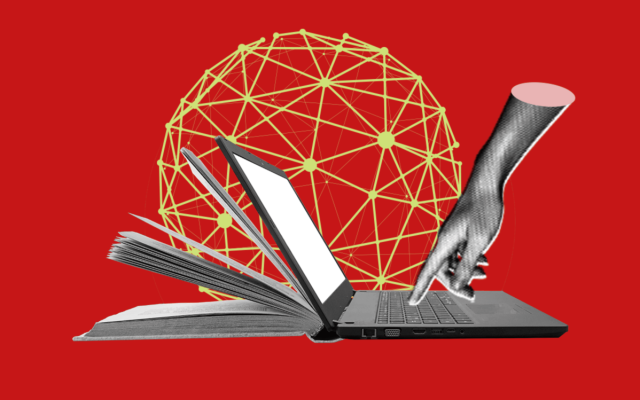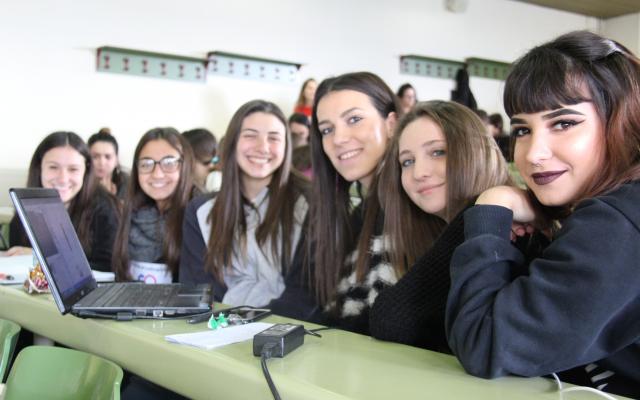Ital.IA Lab, a new training course for girls in synergy with Coding Girls
As part of the Coding Girls programme, we are offering a free orientation and training course on generative artificial intelligence and design thinking, aimed in particular at female secondary school students in Sardinia and Campania. The course includes face-to-face training sessions in schools led by university students and PhD candidates, online orientation sessions and hackathons hosted by the Universities of Cagliari and Salerno. The activities are recognised within the framework of the Transversal Skills and Guidance Pathways [Pcto].
Created in synergy with the Ital.IA Lab project, promoted with Microsoft, the course aims to spread artificial intelligence as a tool for inclusion and growth for people and communities.
OBJECTIVES
- To introduce students to generative artificial intelligence and its potential to support creative processes
- To promote an understanding of design thinking, highlighting the importance of a user-centred approach to problem solving
- To promote the ethical and responsible use of new technologies
- To raise awareness of Steam opportunities, encouraging the creative use of digital technologies
- Promote gender equality, breaking down gender stereotypes
- Encourage university orientation towards technical-scientific faculties.
COURSE STRUCTURE
The training course, designed by Massimiliano Dibitonto, UX Manager and Service, AI & IoT Designer, lasts eight hours. During the course, participants learn:
- the process and tools of design thinking to address problems and challenges in an innovative way
- the use of generative artificial intelligence to develop ideas up to the level of concept or prototype.
The course recognises a total of 16 hours of CPTO and prepares participants for the challenges of a rapidly changing world, highlighting the opportunities offered by artificial intelligence.
FINAL HACKATHON
The programme culminates in a hackathon, hosted by the partner universities. During the event, students, divided into teams, put the skills they have acquired into practice to solve a problem related to their local area. Using artificial intelligence as a ‘team mate’ and applying the design thinking process, the teams develop innovative solutions with positive impacts on the local community. Depending on the availability of the partner university, participation in the hackathon may be reserved for a delegation of representatives from each school.
ROLE MODELLING AND UNIVERSITY ORIENTATION
During the programme, participants have the opportunity to meet role models from the university and business world, drawing inspiration from their experiences and discovering new career opportunities.
RESULTS
Questionnaires at the beginning and end of the programme measure the effectiveness of the programme in raising participants' awareness of STEAM subjects and in guiding them towards informed educational and professional choices.
PARTICIPATION
The programme aims to train at least 300 girls, but is also open to classmates.



